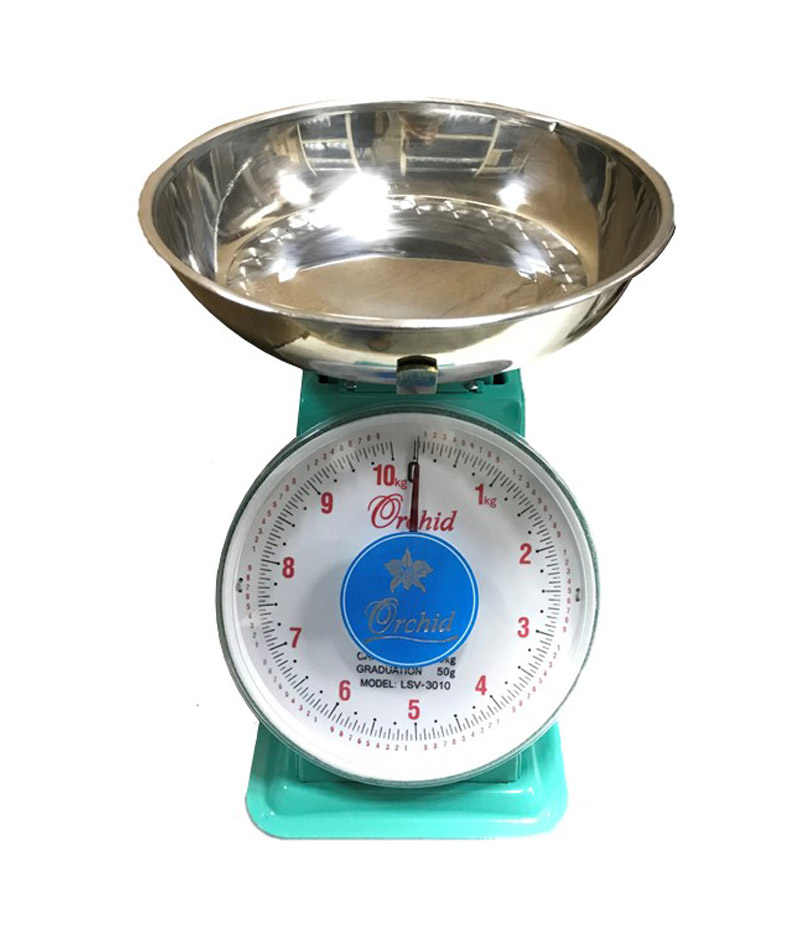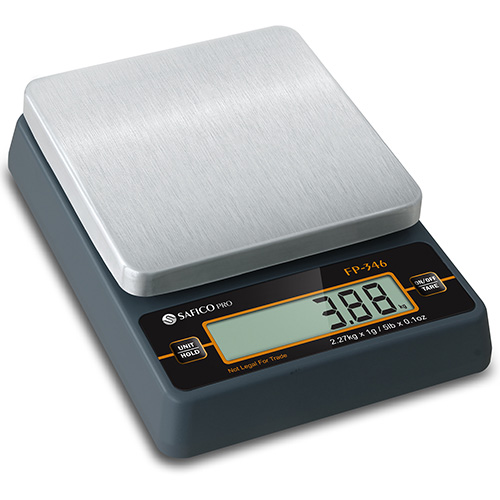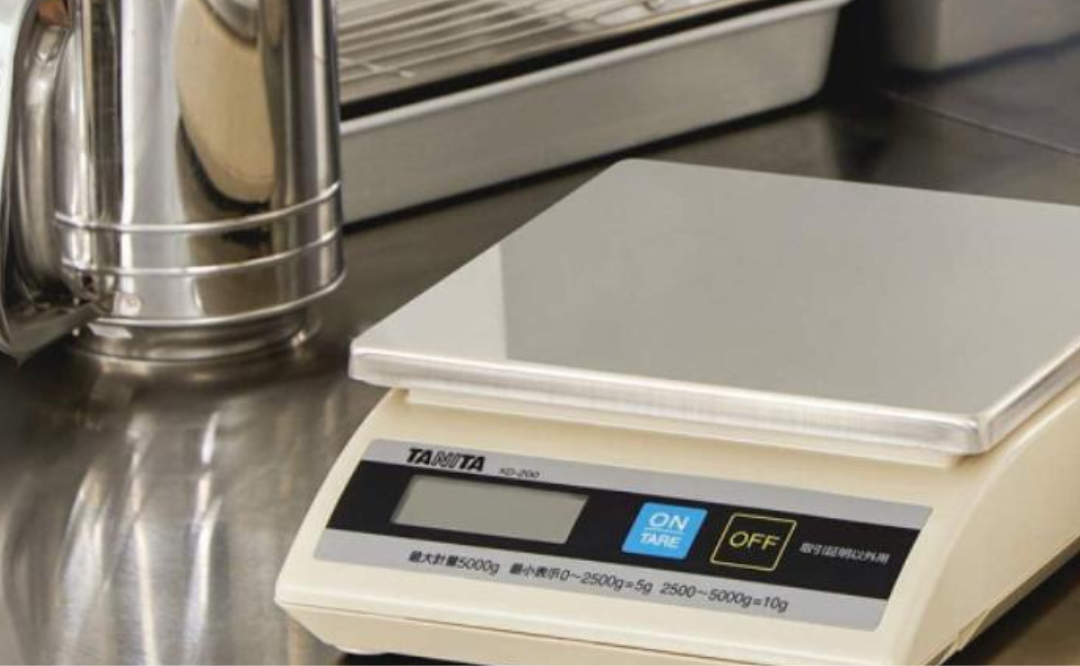In the bustling environment of a commercial kitchen, precision and accuracy are the bedrock of culinary success. Whether you’re operating a restaurant, bakery, catering service, or any food-related establishment, selecting the right kitchen weighing scale is a pivotal decision that directly influences recipe consistency, portion control, and overall efficiency.
Understanding Kitchen-Specific Needs
Before embarking on purchasing a kitchen weighing scale for your commercial venture, it’s essential to identify your specific requirements:
Functionality: Determine the primary use of the scale—whether it’s for measuring ingredients, portioning, or ensuring precise cooking and baking.
Capacity: Assess the maximum weight the scale needs to handle; this varies based on the scale of your kitchen operations.
Accuracy: Precision is paramount in culinary endeavors. Look for scales that offer accurate measurements down to the gram or ounce.
Space and Portability: Consider the available space in your kitchen and whether a portable or compact scale suits your needs.

Types of Kitchen Weighing Scales
In a commercial kitchen setting, various types of scales cater to different culinary tasks:
Digital Kitchen Scales: Versatile and precise, ideal for measuring ingredients accurately.
Recommendation: Tanita Weighing Scale
Portion Control Scales: Specifically designed for portioning food items consistently.
Recommendation: Digi Digital Scale
Bench and Platform Scales: Suitable for larger quantities and bulk measurements in commercial kitchens.
Mechanical/ Dial Weighing Scales: Require no power or batteries to operate. Come with a large, easy to read dial that allows you to accurately measure small amounts of ingredients with precision.
Recommendation: Orchid Weighing Scales

Key Features to Consider
When navigating the market for a kitchen weighing scale, focus on these critical features:
Accuracy and Precision: Opt for scales that provide consistent and reliable readings, essential for recipe accuracy.
Tare Function: Enables zeroing out the weight of containers or additional ingredients for precise measurements.
Units and Display: Look for scales that offer various measurement units and have easily readable displays.
Material and Durability: Choose scales made from durable materials that withstand the rigors of a busy kitchen.
Cleaning and Maintenance: Easy-to-clean surfaces and maintenance-friendly designs are crucial for hygiene.

Conclusion
Selecting the perfect kitchen weighing scale for your commercial kitchen is a decision that demands careful evaluation. By understanding your specific culinary needs and considering key features, you can confidently invest in a scale that elevates precision, efficiency, and the quality of your culinary creations.

